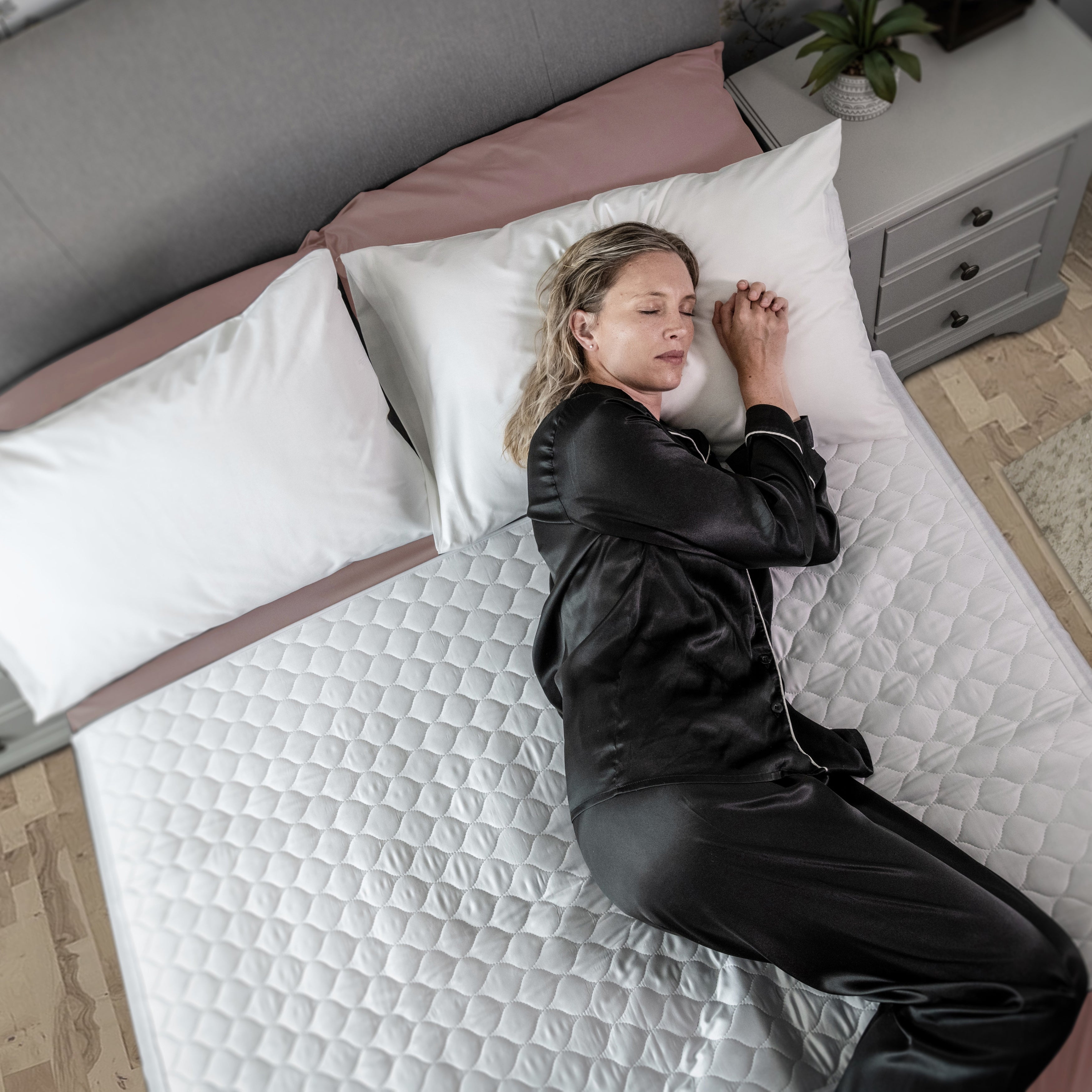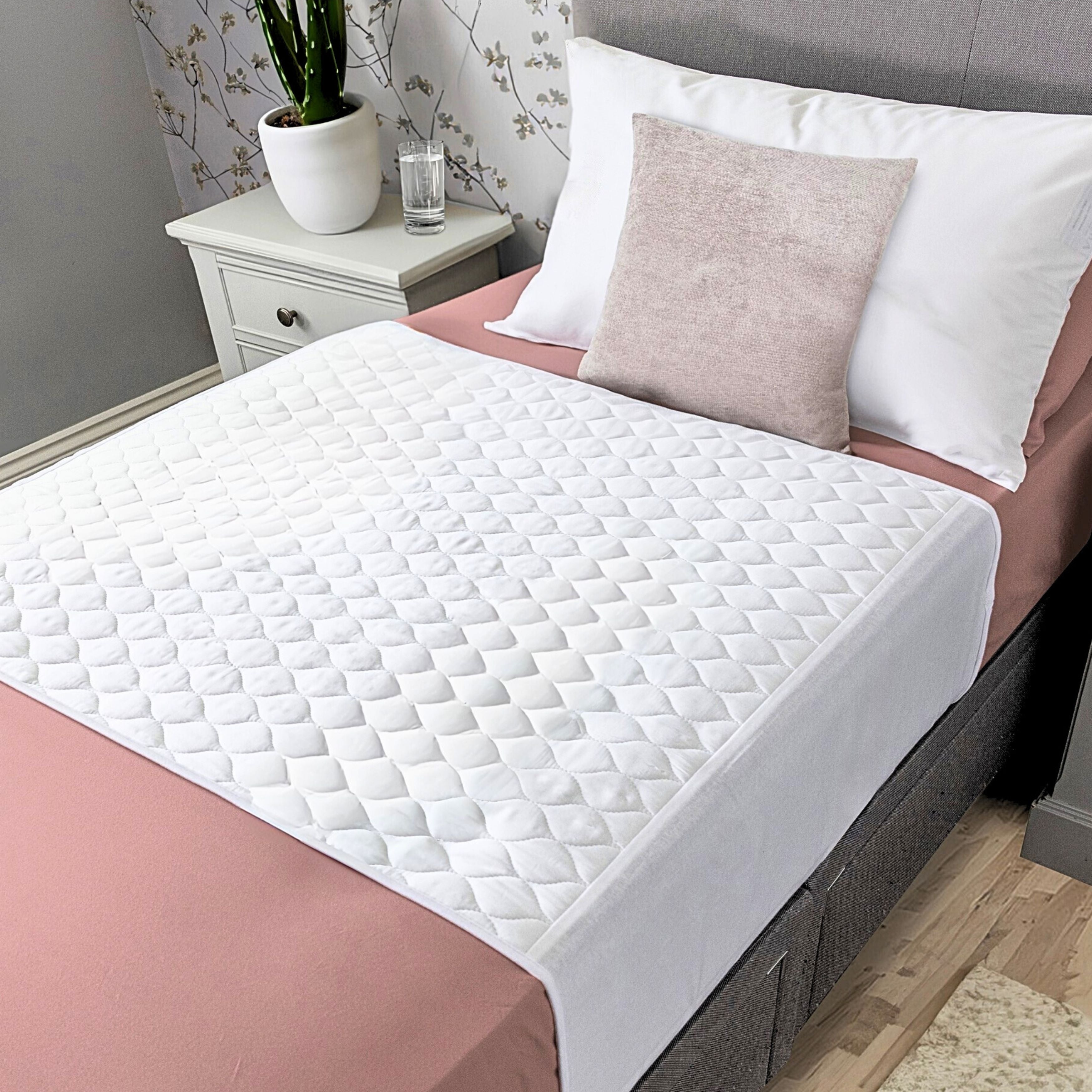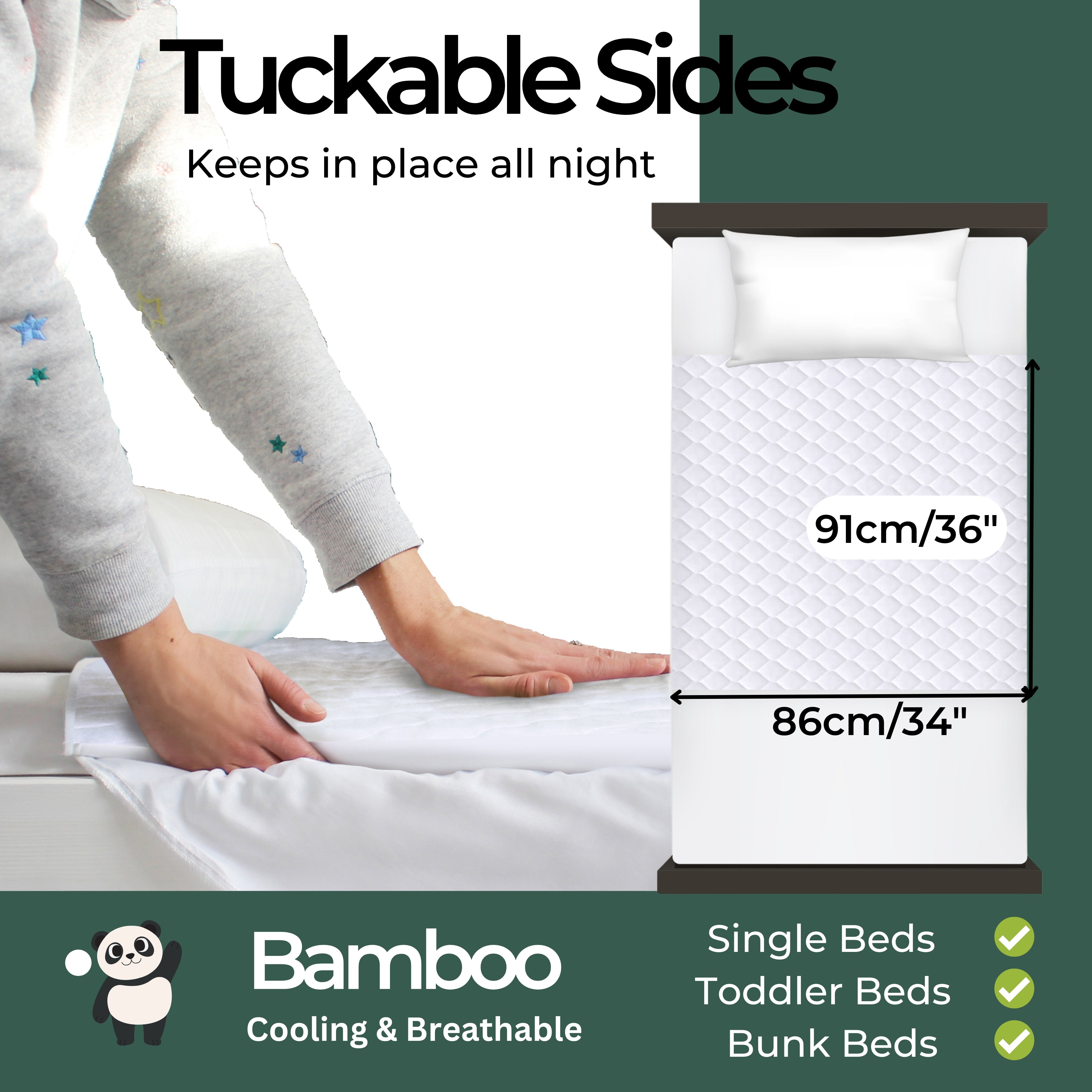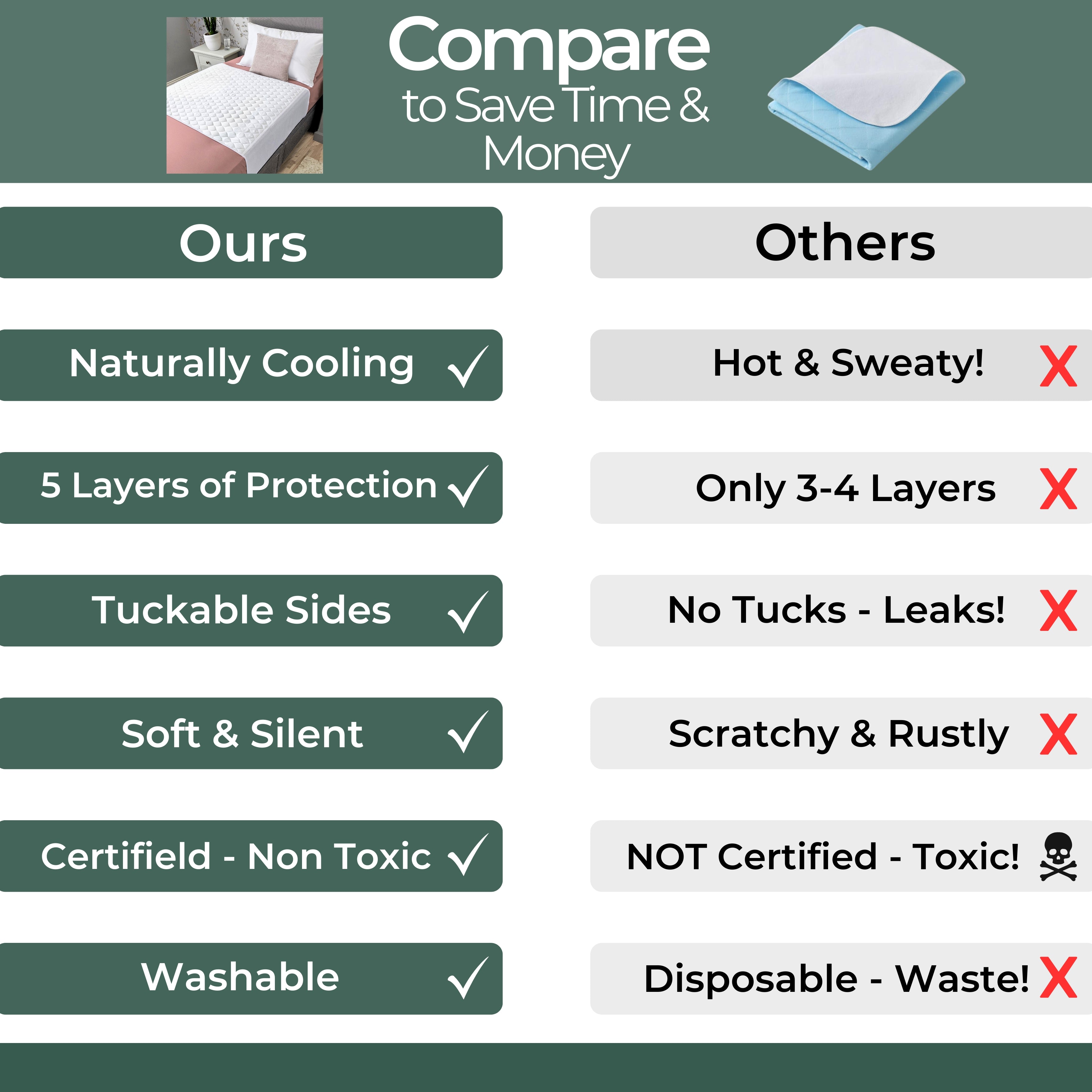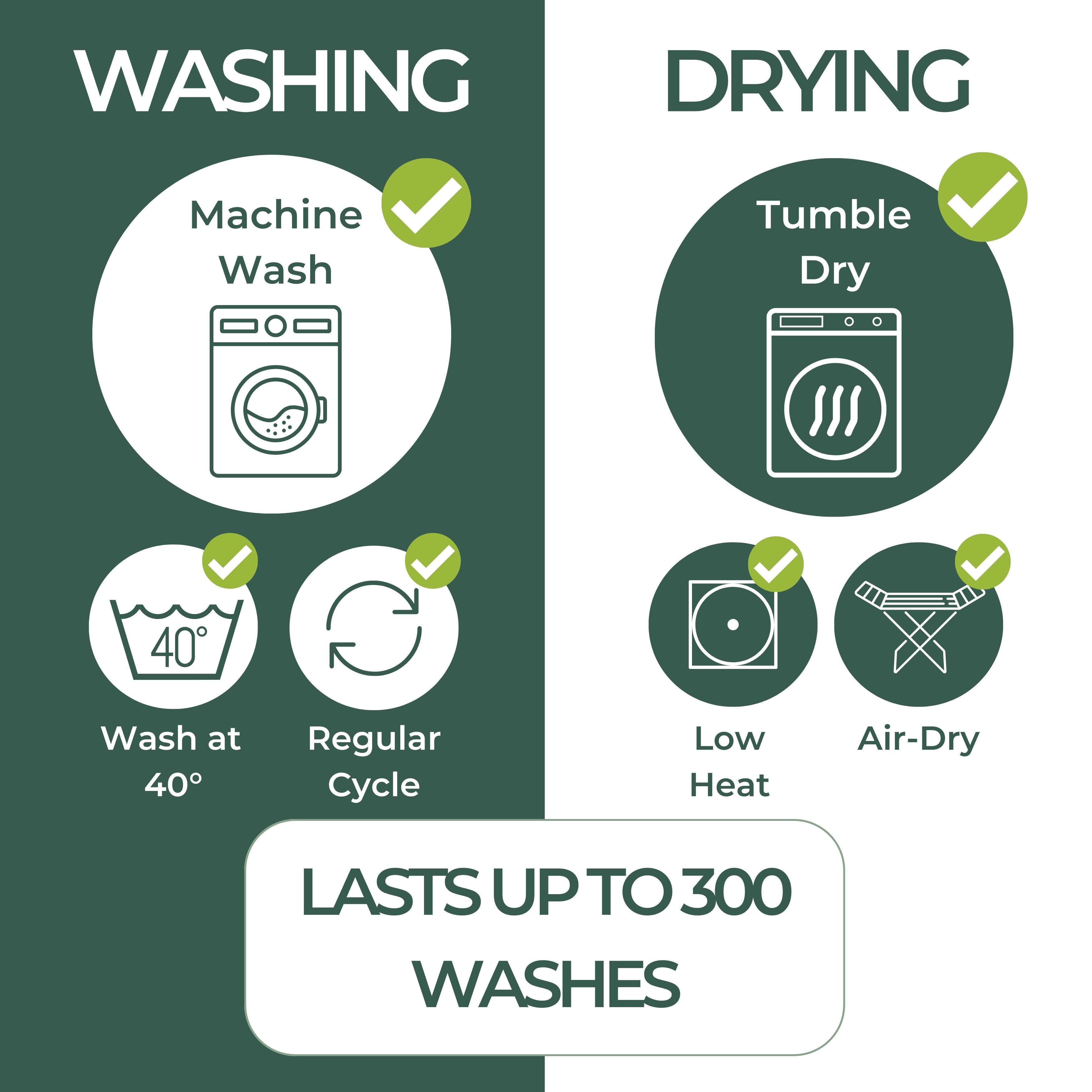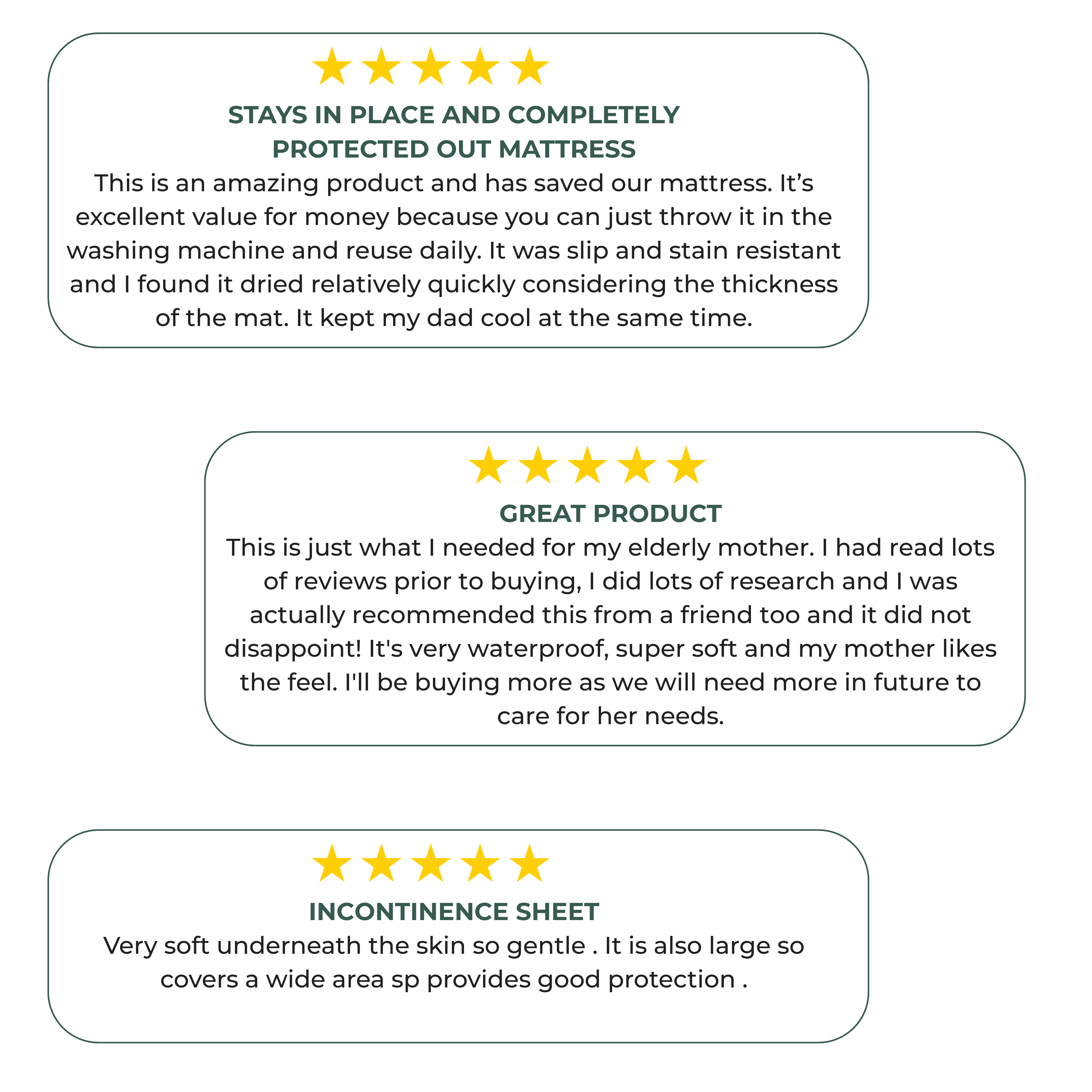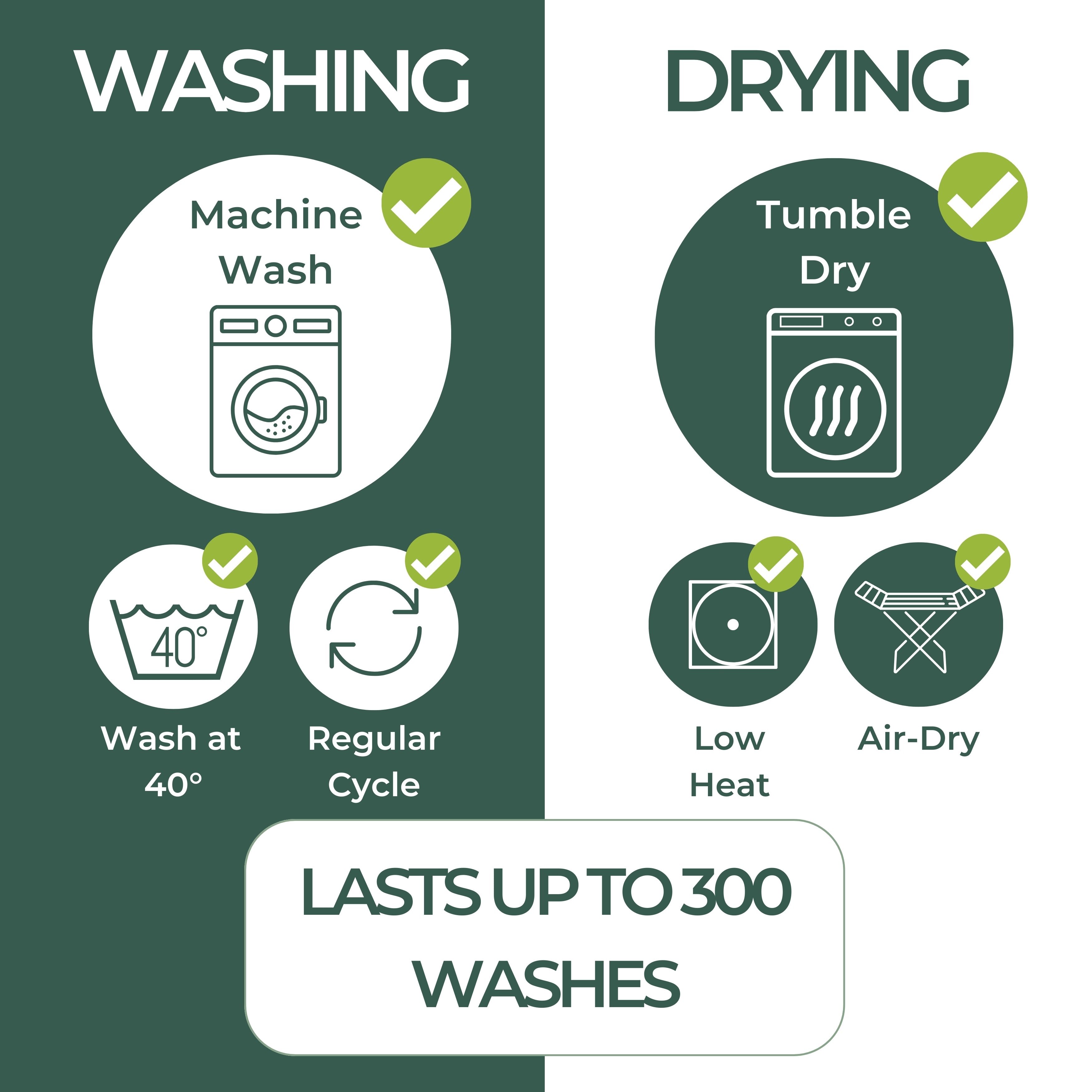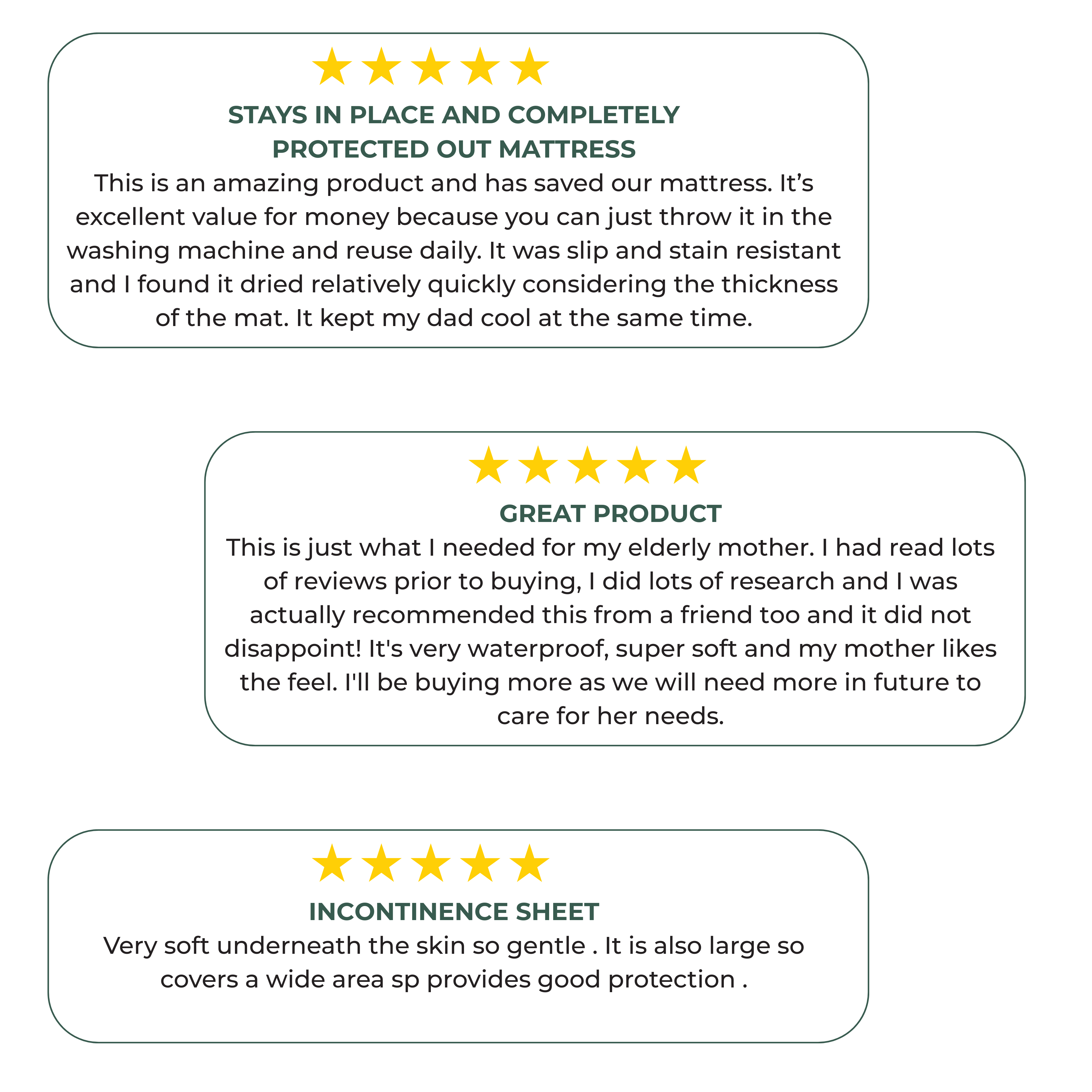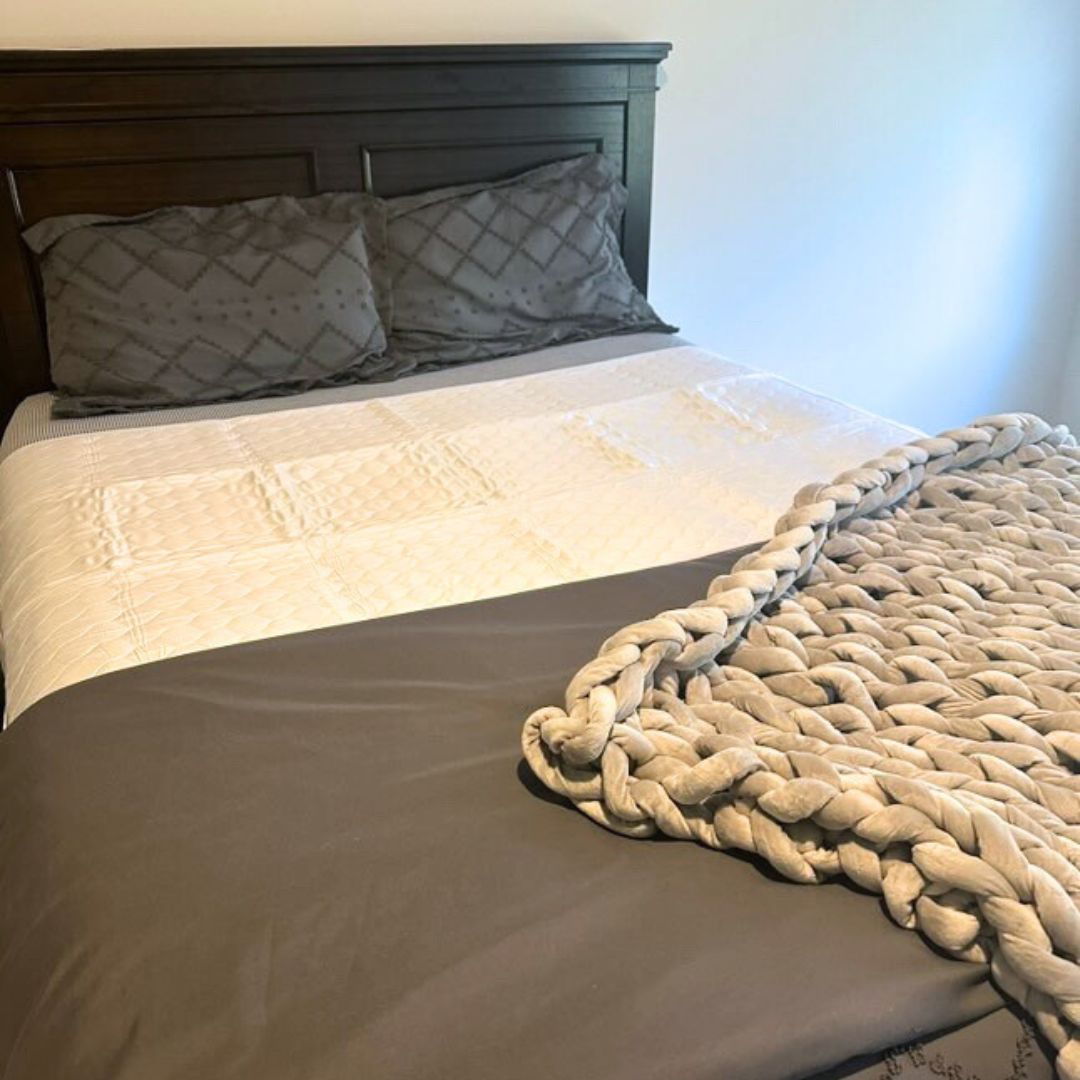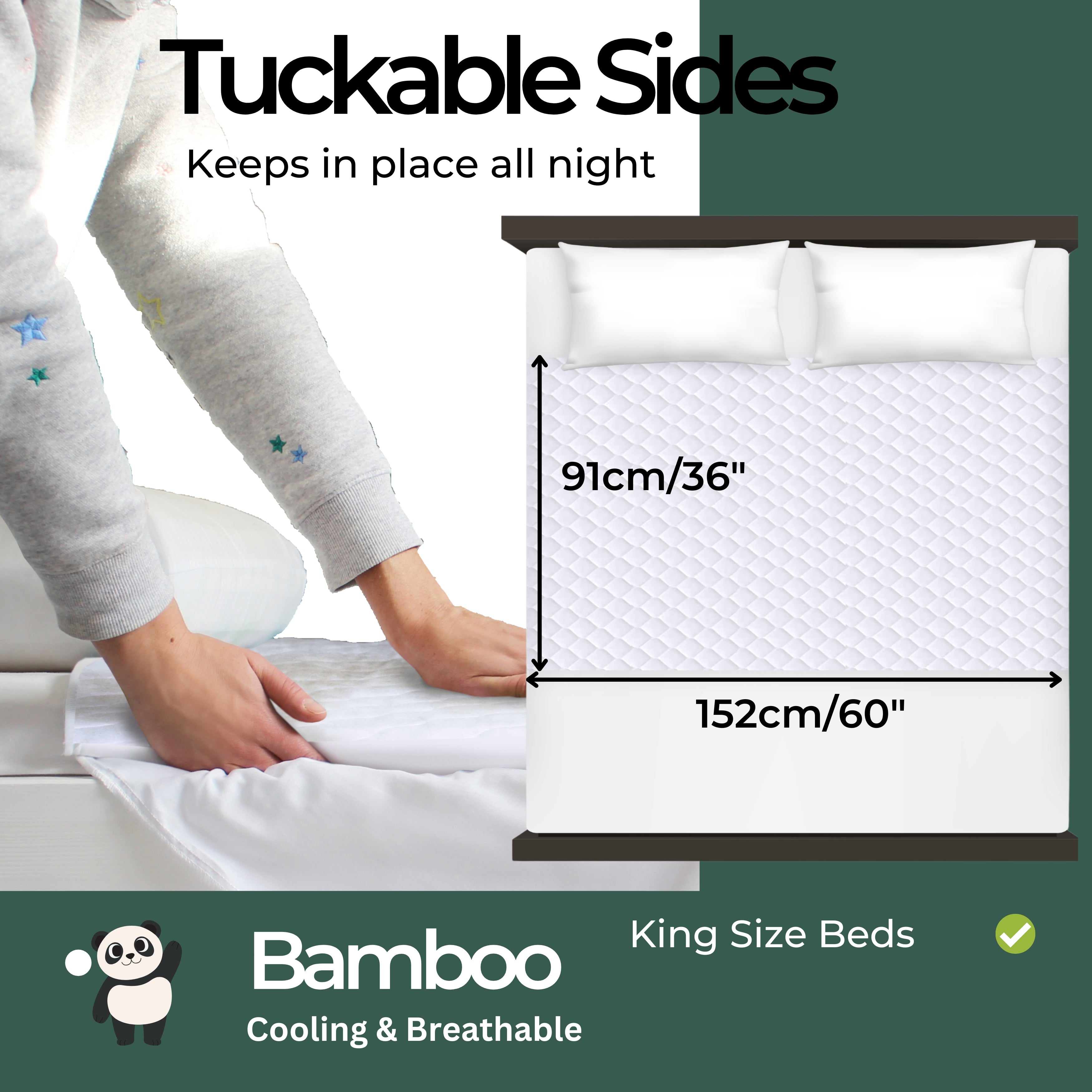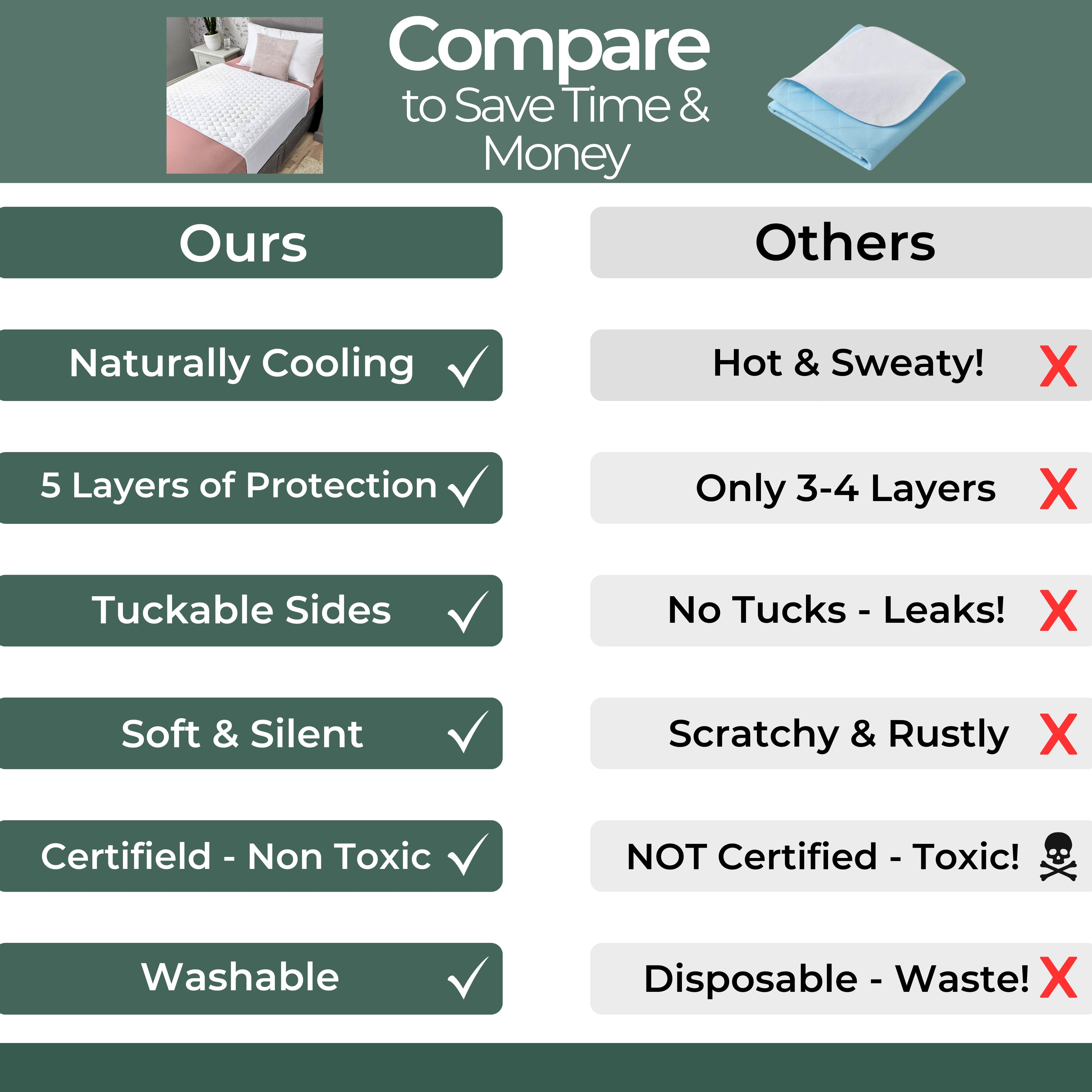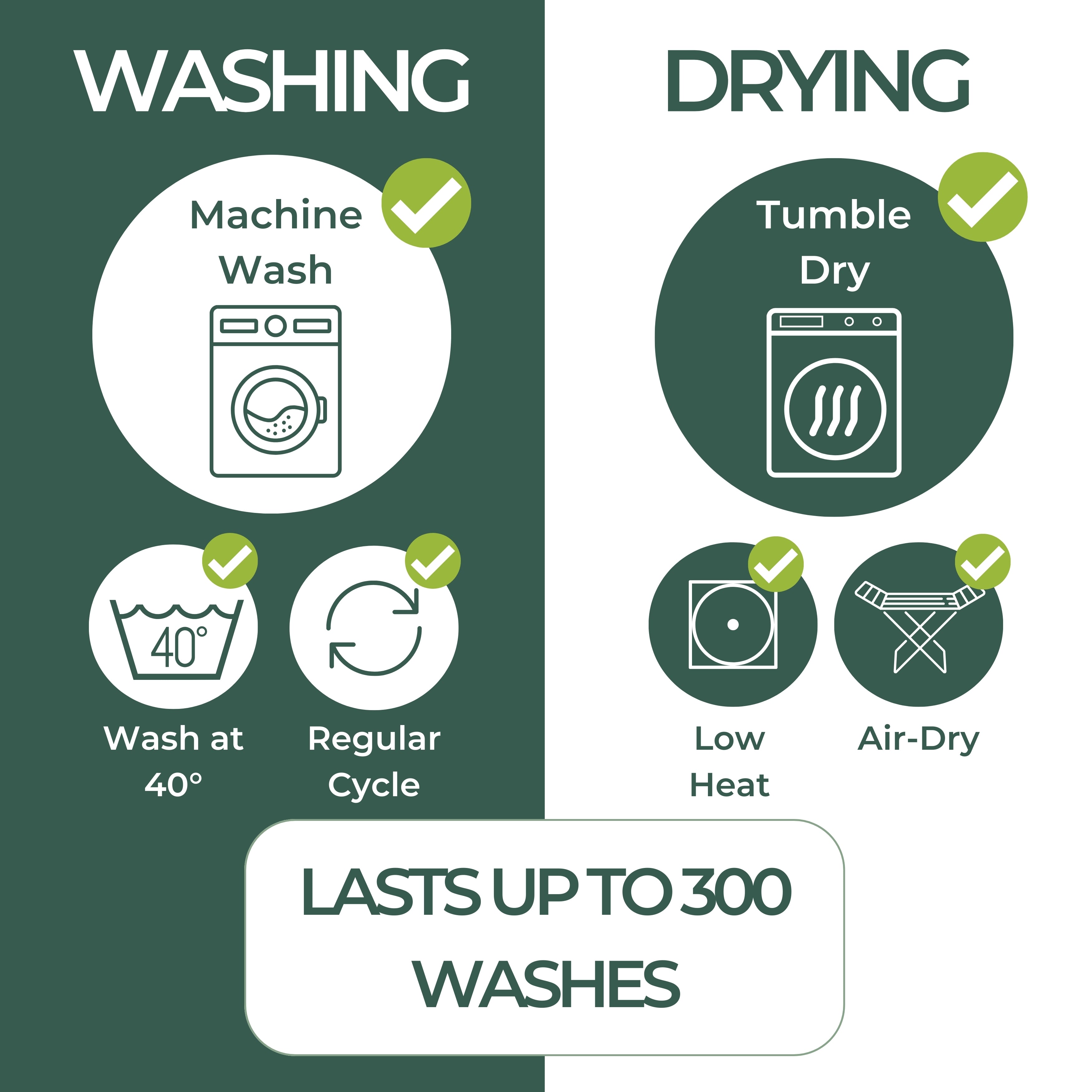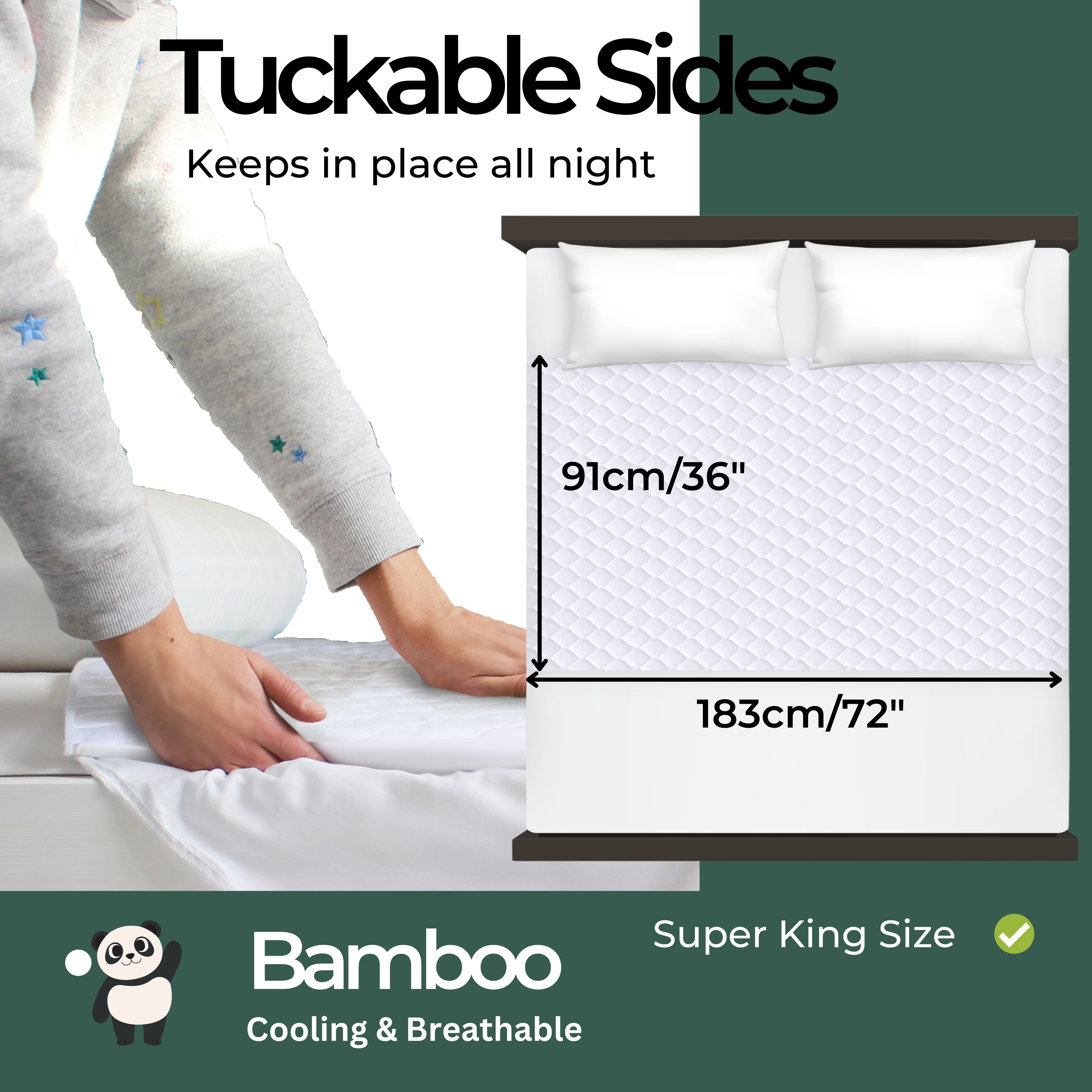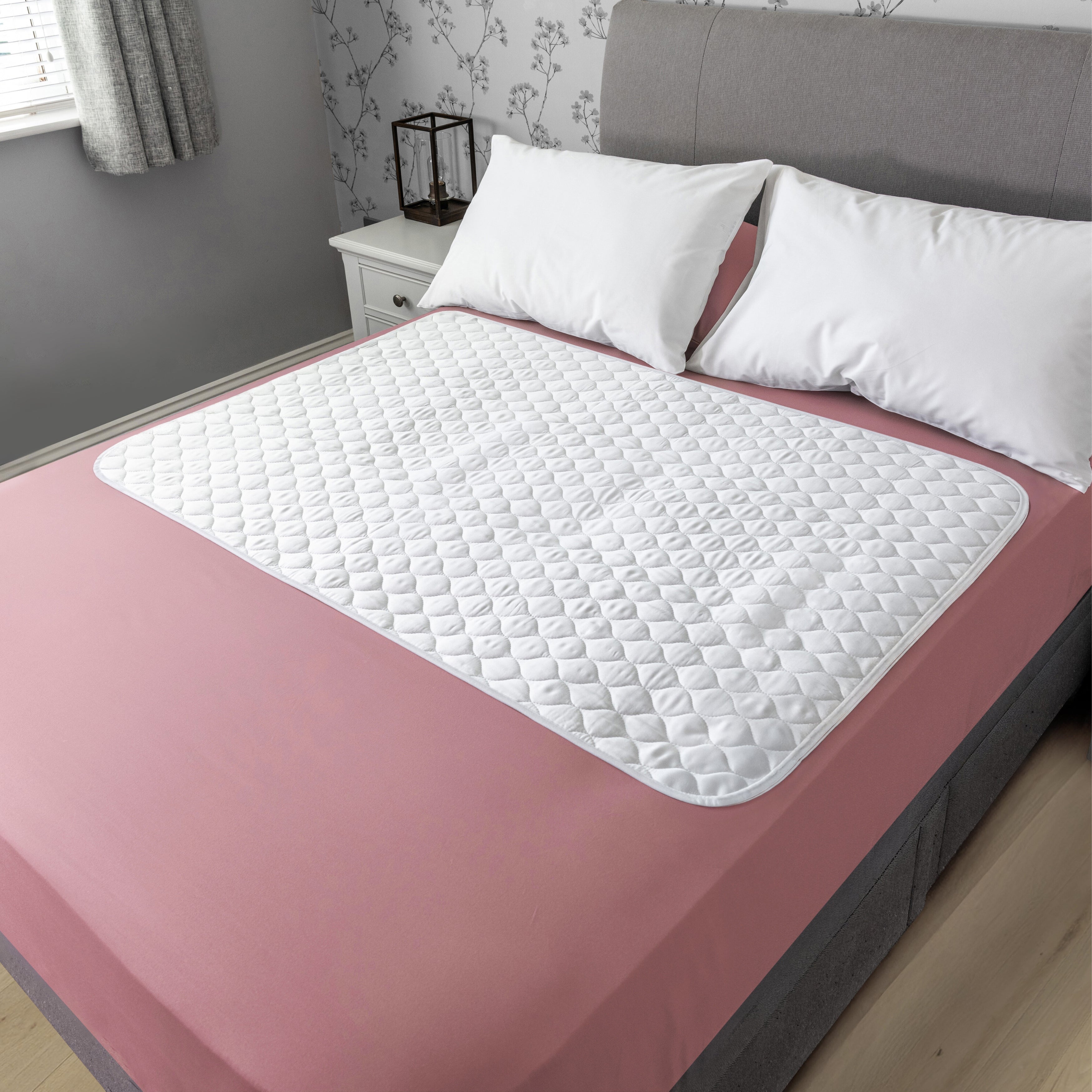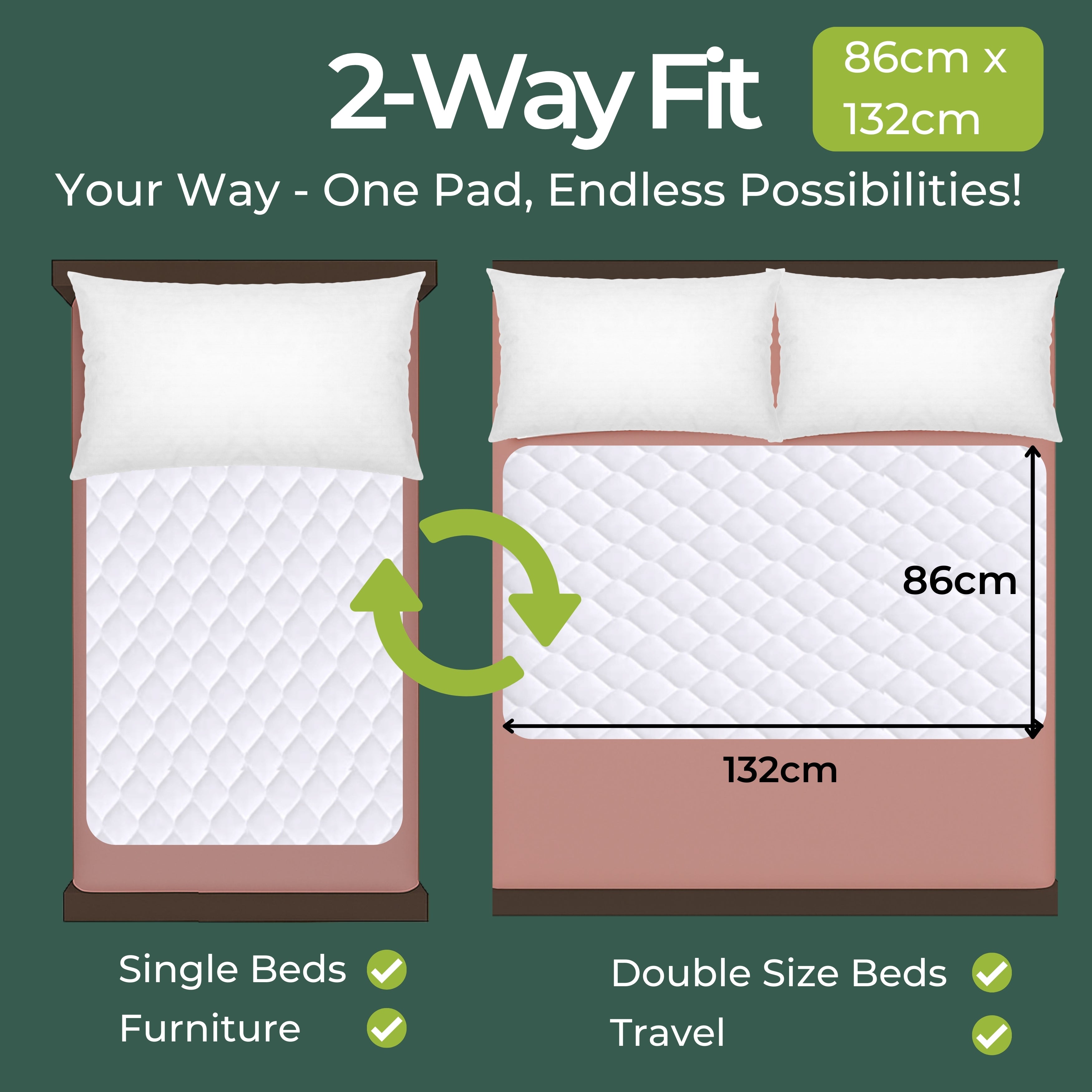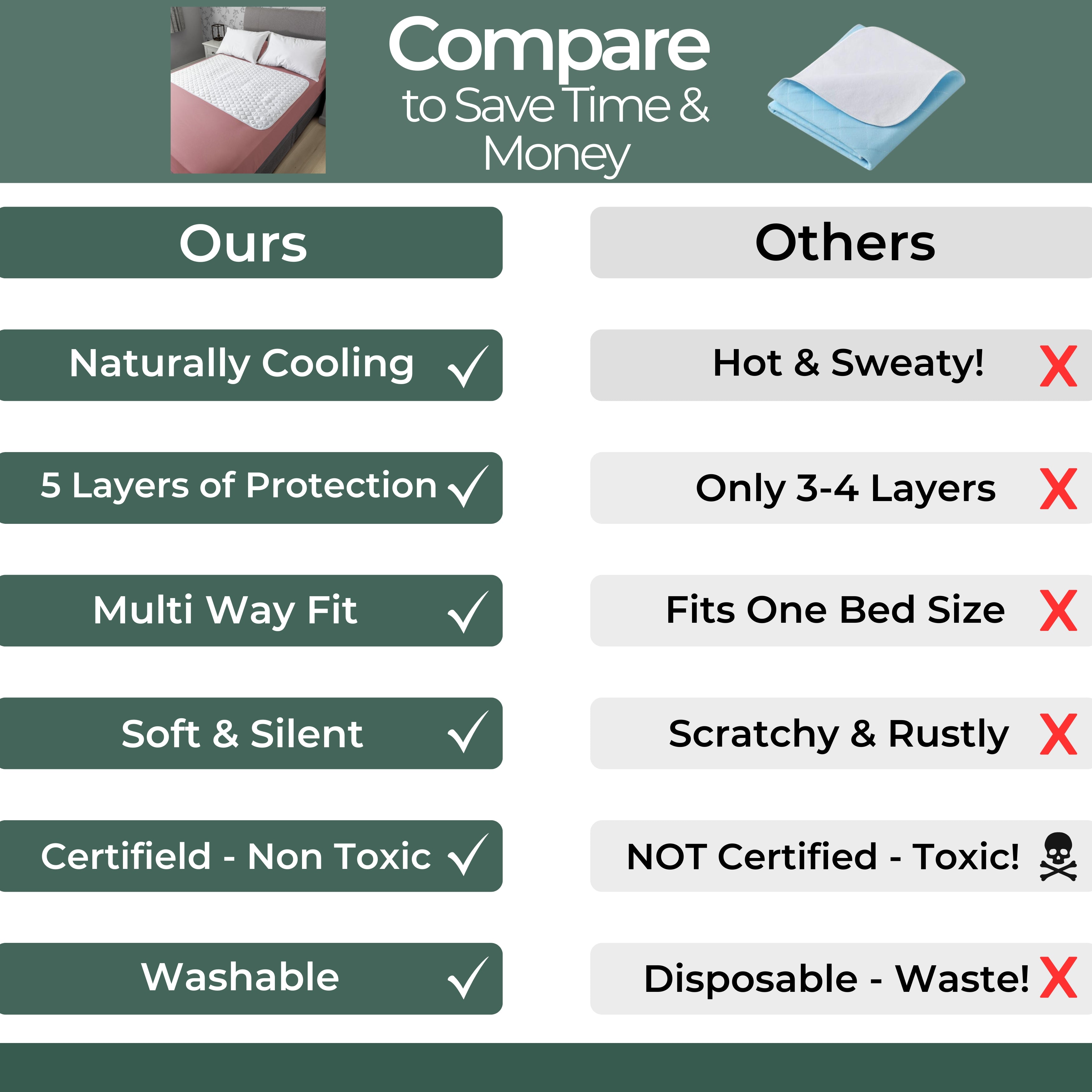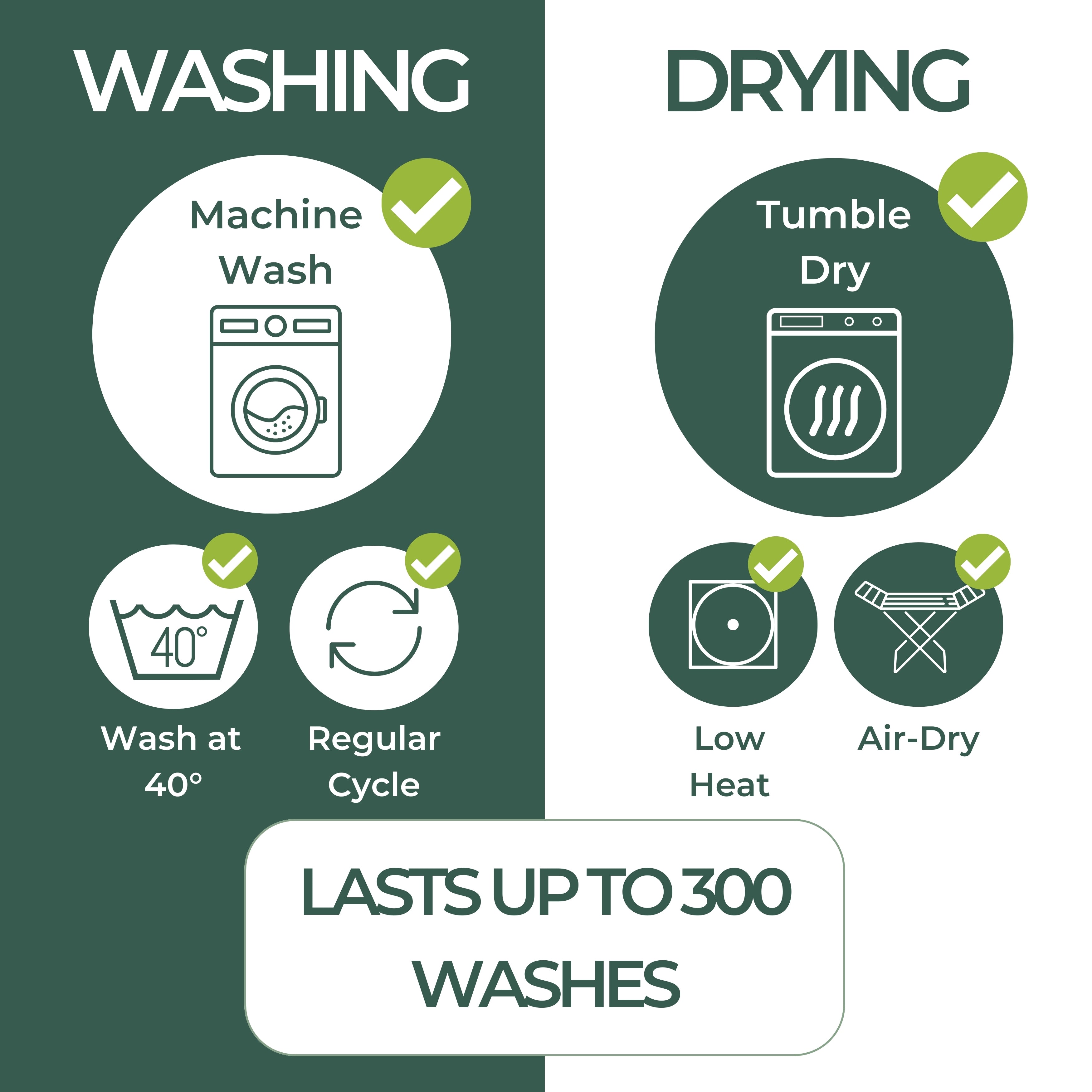Many people believe that bedwetting is something only children experience, but the reality is that it affects adults too. Adult bedwetting can continue from childhood or start at any point in adulthood, including in those who didn’t experience bedwetting as a child. If you’re struggling with adult bedwetting – you’re not alone and there are practical solutions to help you.
In this blog, we’ll explore the possible causes of adult bedwetting and the strategies you can use to regain confidence and restful sleep.
Understanding Adult Bedwetting
Nocturnal Enuresis, or more commonly known as bedwetting, is the term used for involuntary urination at nighttime. Around 1 to 2% of adults experience bedwetting, and this number may be higher due to underreporting. For some, it’s a lifelong condition; for others, it develops suddenly due to medical, psychological, or lifestyle factors. Understanding the cause is key to getting the right help.
Common Causes of Adult Bedwetting
Medical Conditions
- Urinary Tract Infections (UTIs): Irritation in the bladder can cause involuntary leakage.
- Diabetes: High blood sugar levels increase urine production.
- Neurological Disorders: Conditions like MS or Parkinson’s may impact bladder control.
- Obstructive Sleep Apnea: Sleep disruptions can affect bladder signals.
- Bladder Obstructions: Kidney stones, bladder stones, or an enlarged prostate may prevent proper bladder emptying.
Overactive Bladder & Small Bladder
Some adults experience involuntary bladder contractions or have reduced functional bladder capacity, both of which can contribute to bedwetting.
Hormonal Imbalances
Low levels of antidiuretic hormone (ADH), which regulates water retention, can result in excessive nighttime urination.
Prescription Medication
Some medications can lead to adult bedwetting, including those used to treat:
- Heart and kidney disorders
- Diabetes
- Diuretics and sedatives
Consult your healthcare provider if you suspect your medication may be contributing to bedwetting.
Stress & Anxiety
Psychological factors like trauma, anxiety, or high stress levels can interfere with bladder control during sleep.
Alcohol & Caffeine Consumption
Both are diuretics, meaning they increase urine production. Reducing intake before bed can help manage symptoms.
Genetics
If your parents experienced bedwetting, you may be genetically predisposed to it as well.
Practical Solutions for Managing Bedwetting
1. Seek Medical Advice
Consult a healthcare professional to rule out underlying conditions and receive tailored advice. Avoid self-diagnosis.
2. Adjust Your Evening Routine
- Reduce fluid intake, especially caffeine and alcohol, in the evening
- Try double voiding before bed
- Maintain a consistent sleep schedule
3. Limit Alcohol and Caffeine Intake
Cutting back on these diuretics can significantly reduce nighttime accidents.
4. Keep a Bladder Diary
Track your fluid intake, frequency of urination, and wet vs. dry nights. This data helps inform treatment and shows patterns.
5. Pelvic Floor Exercises & Bladder Training
Strengthening pelvic muscles and training the bladder can enhance control and increase bladder capacity over time.
6. Use Protective Bedding for Peace of Mind
Protective bedding can provide comfort and confidence. At Hygge Sheets, we offer high-quality, washable adult mattress protectors that sit on top of the bedding for quick changes during the night.
Our organic bamboo mattress protectors are available in single, double, king, and super king sizes. They feature:
- A breathable bamboo comfort layer
- Two super absorbent layers
- A waterproof barrier
- A non-slip backing
These discreet protectors help you sleep with confidence and comfort.
7. Seek Psychological Support
If stress, anxiety, or trauma is contributing, consider counselling, therapy, or support groups.
8. Medication & Other Treatments
If lifestyle changes aren’t enough, medical options like medication, nerve stimulation, or medical devices may help. Always consult your doctor before beginning new treatments.
Remember – You’re Not Alone
Adult bedwetting is more common than most people realise. You can seek help and implement effective strategies for a better night’s sleep. Whether through medical care, lifestyle changes, or products like protective bedding, it is possible to regain control and confidence.




